Apple is set to lay off more than 700 employees across eight different locations, following the recent cancellation of its ambitious ‘Project Titan’ – the long-awaited self-driving car initiative that has been in development for over a decade and cost the company billions.
Employees were given the opportunity to transfer to other divisions, such as artificial intelligence and home robotics. However, those unable to secure new positions will face official dismissal by May 27, as per a WARN notice filed in California.
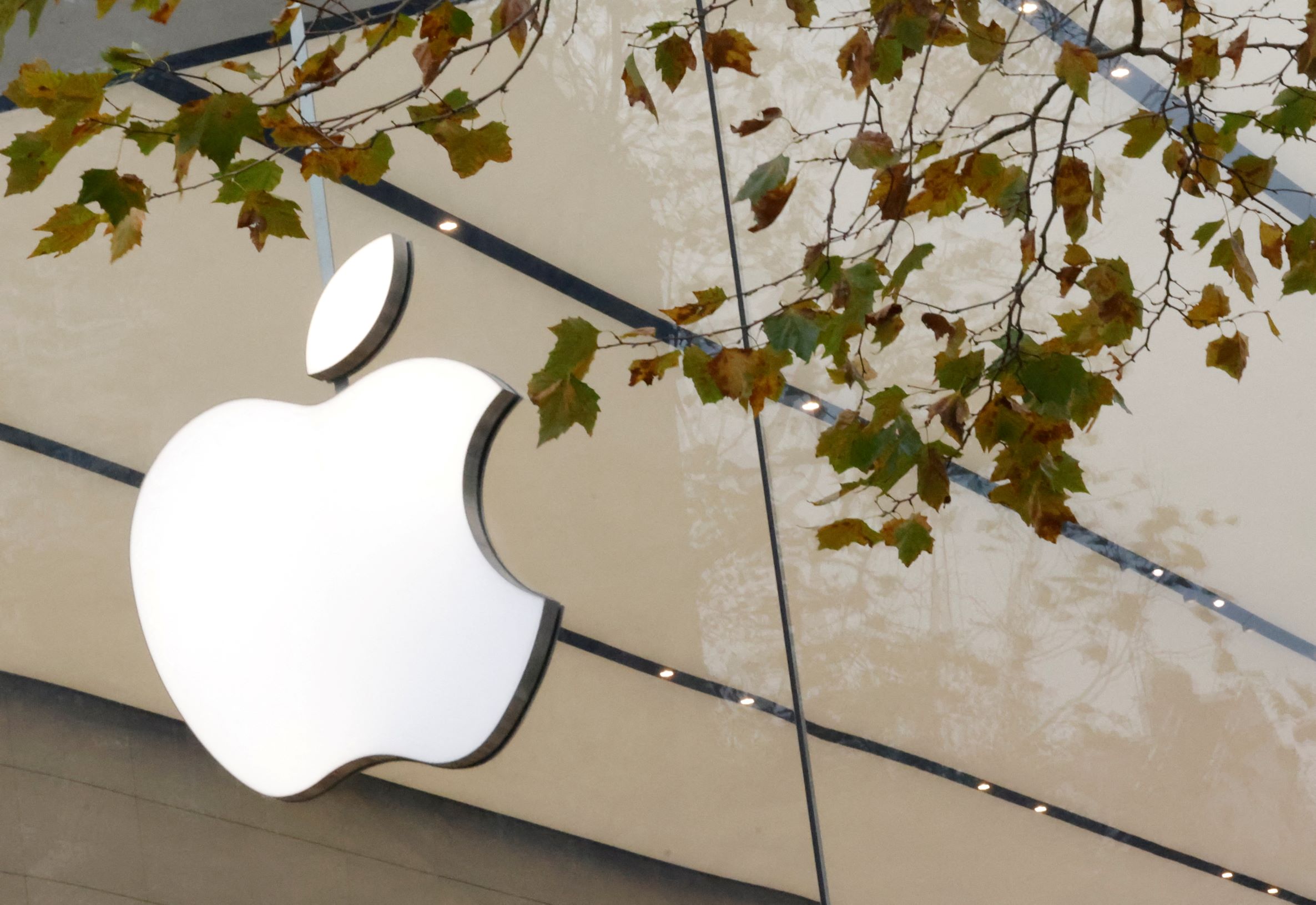
This move highlights ongoing challenges in the tech sector, despite signs of recovery in 2024. Here’s what we know about the situation:
While the tech industry appeared to stabilize after waves of layoffs in 2022 and 2023, Apple’s latest round of dismissals is expected to affect over 700 workers.
The impacted locations include one focused on Apple’s MicroLED display project, aimed at producing screens for iPhones, Macs, and smartwatches, which was halted in March due to escalating costs.
The bulk of affected employees (371) were based in Santa Clara and worked on the company’s electric vehicle project, known internally as Project Titan.
Initially aiming for a fully autonomous vehicle, the project shifted its focus to electric vehicles in 2022, only to be terminated this year.
The layoffs follow an announcement to 1,400 workers in Apple’s autonomous car division, giving them three months to secure new roles or face dismissal.
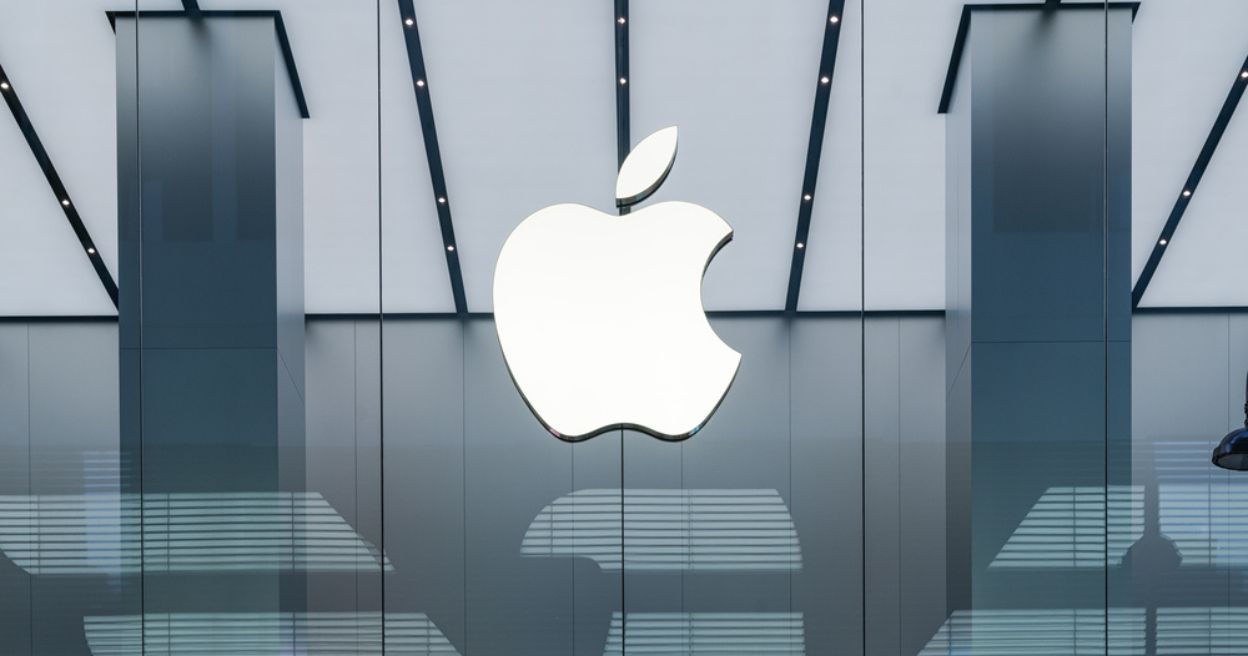
But what led to the downfall of Project Titan, and what were Apple’s aspirations with its self-driving car initiative?
Project Titan, conceived in 2014, encountered numerous setbacks despite early promise. Apple made strategic moves, including acquiring self-driving tech firm Drive.ai and rumored partnerships with Hyundai’s Kia.
However, faced with hurdles, including delays and technological limitations, Apple postponed the project’s launch from 2024 to 2026, before ultimately discontinuing it in February.
Critics attribute the failure to Apple’s ambition to develop a fully autonomous vehicle without driver intervention, a feat even Tesla has yet to achieve.
By the time Apple recognized the impracticality of this goal, significant time and resources had been invested, resulting in a costly misstep.
While setbacks in the electric vehicle sector pose challenges for Apple, the company continues to invest in AI and home robotics.
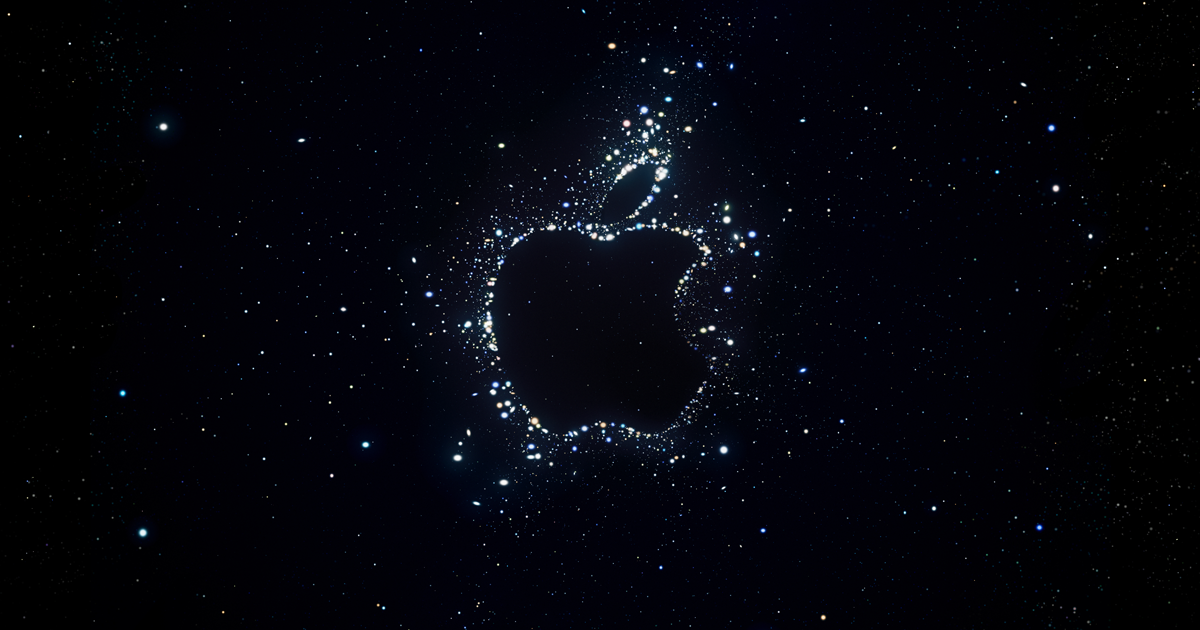
Despite trailing competitors in AI advancements, Apple has made progress, notably with the development of an AI model named ‘ReALM’, enhancing its voice assistant, Siri.
Moreover, rumors suggest Apple is exploring personal AI-enabled robotics for household use, aiming to develop robots capable of assisting users in their daily lives.
Although these projects are in the early stages, they signify Apple’s broader efforts to integrate generative AI across its product ecosystem.
As Apple seeks to bolster its presence in AI and robotics, addressing criticisms of sluggish progress will be crucial for maintaining competitiveness in rapidly evolving markets.

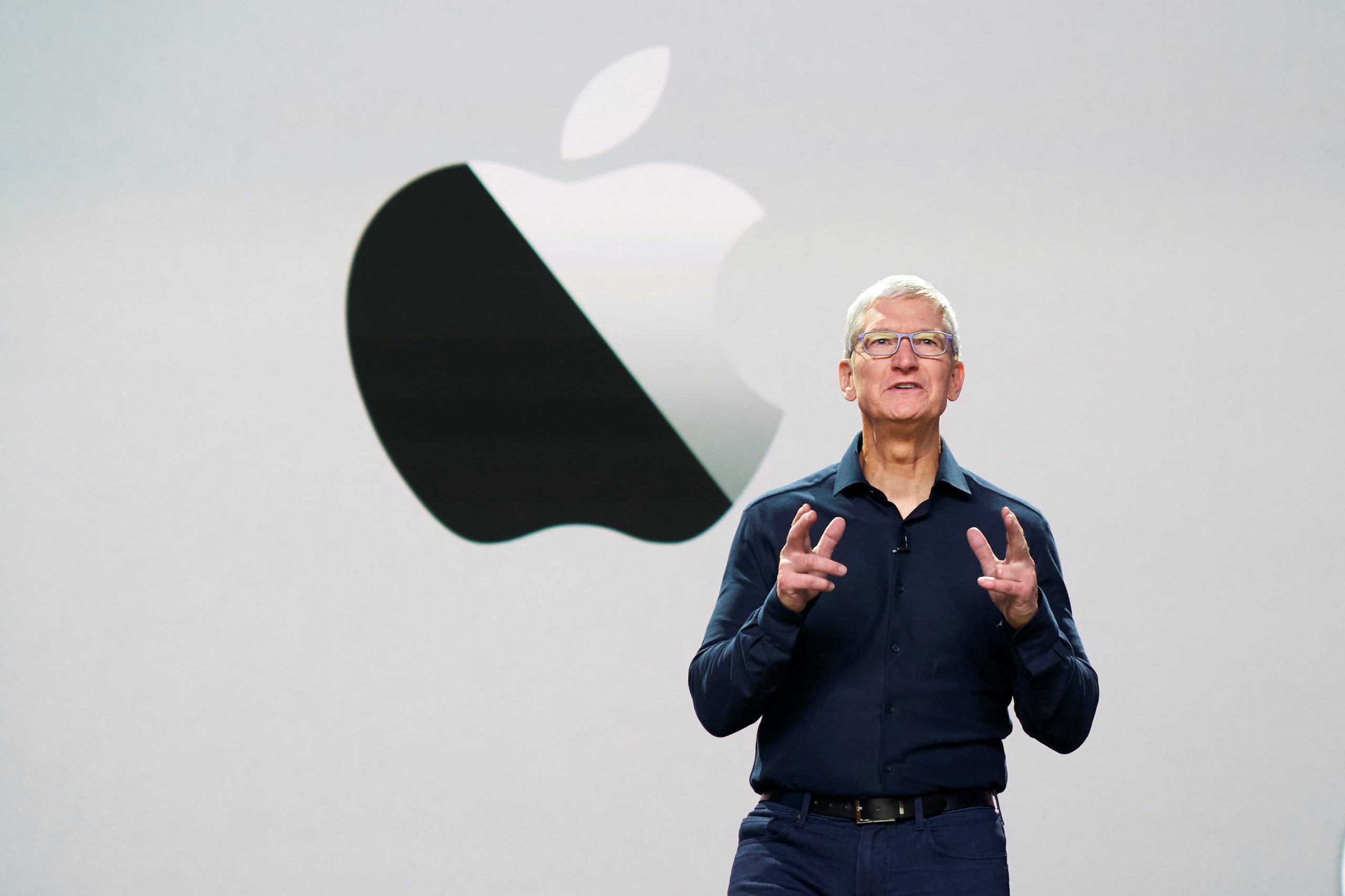

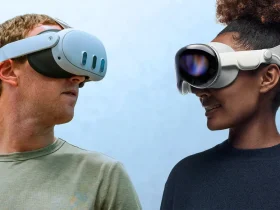
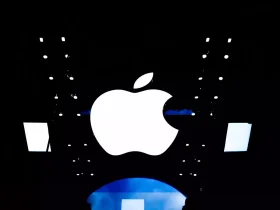

Leave a Reply